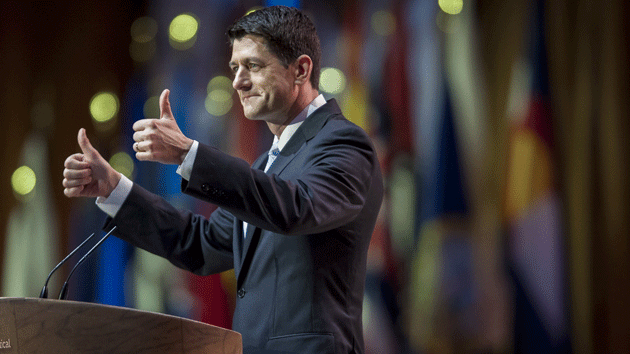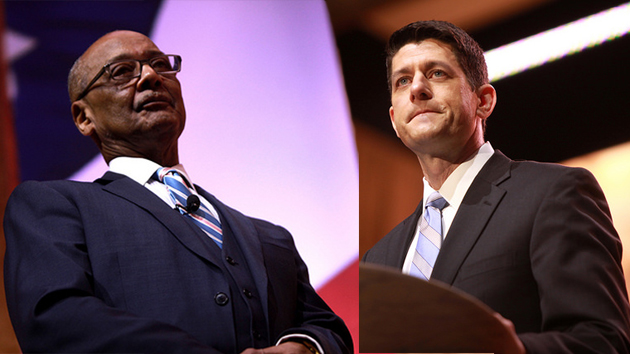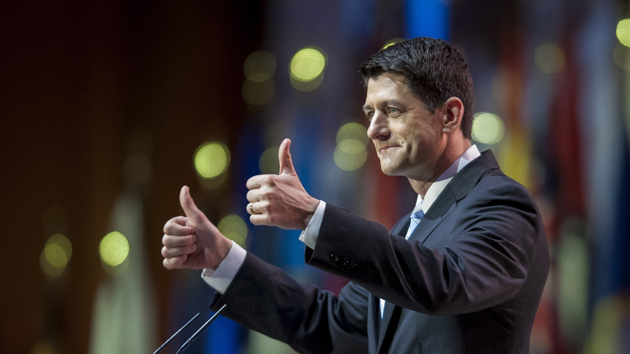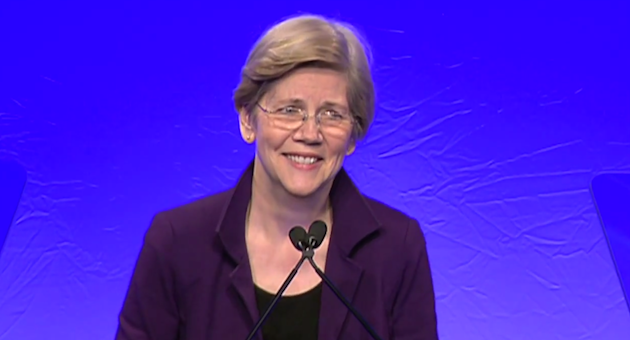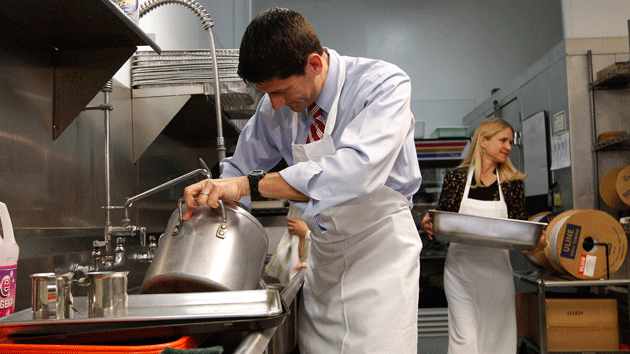
Rep. Paul Ryan (R-Wisc.) pretends to wash dishes at an Ohio soup kitchen in 2012.Mary Altaffer/AP
Last week, Rep. Paul Ryan (R-Wis.) released a detailed anti-poverty proposal in a speech at the American Enterprise Institute. One of Ryan’s top prescriptions seems to have been influenced by his previous career as a personal trainer. He has proposed that recipients of federal benefits get the services of a personal case manager who would help them craft long-term plans, find “opportunities for growth,” and nudge them to make better choices that would lift them out of poverty and off the government dole.
I did a quick back-of-the-envelope calculation about how much this might cost. Just for people on food stamps, the federal government would need about 700,000 social workers, to the tune of around $30 billion. On Wednesday, Ryan appeared at a press briefing sponsored by the Christian Science Monitor and fielded questions about his plan, including several about the potential cost of his caseworker proposal.
But Ryan refused to say how much his life-coach-for-the-poor-plan would cost or how the government would fund it. He insisted that he wanted to talk only about “reforming” federal programs. Further explaining his reluctance to discuss money, Ryan, the House GOP’s number-one number-cruncher and the head of the House budget committee, said he didn’t want to talk about “statistics and numbers” because “that’s all we’ll talk about.” He said he didn’t want to distract from his laser-like focus on reforming the safety net.
It’s awfully difficult to discuss policy proposals without any sense of the pricetag, but Ryan claimed that his ideas for reform could be done in any budget context—a view that was greeted with some skepticism by the reporters present. Besides, he said, the caseworker idea isn’t something he’d “mandate,” simply something he recommended. So would this idea be in any legislation he might propose? Ryan was vague. Will he be introducing legislation embodying his anti-poverty plan in the fall? Maybe. Right now, he said, he just wants to keep talking.

